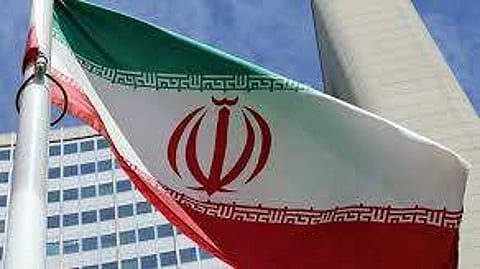

KOCHI: The Iranian government’s compensation scheme for organ donors and the legal backing it provides could have motivated organ trafficking rackets to transport people from weaker sections in India to Tehran, say experts.
“In 1988, Iran legalised living non-related donation (LNRD) of kidneys and established an associated transplantation system. This government-organised system regulated and funded the transplantation process and compensated donors,” mentions ‘Paying kidney donors: Time to follow Iran?’ a 2008 study published by Rupert WL Major in McGill Journal of Medicine. Iran is the lone country to have passed the LNRD scheme.
“Regulated paid donor kidney transplants in Iran number around 1,500 per year, and constitute 70% of the total transplants. Graft survival rates are similar to those for living-related donors. The donors are paid $1,200, and additional monies are negotiated between the recipient-donor pair,” says another journal, ‘Regulated compensated donation in Pakistan and Iran’, published in 2009.
A senior health department official says the LNRD scheme was a result of increasing demand for organs.
“There is organ shortage worldwide, including in developed countries. Several recipients are on the waiting list. The situation is similar in India as well as Kerala,” said the official. The LNRD scheme, said another official, is likely to have encouraged organ traffickers too.
In India, commercial dealings in human organs are prohibited under Section 19 of The Transplantation Of Human Organs and Tissues Act, 1994, and punishes people involved in commercial trade of human organs with at least two years in jail and a fine of at least Rs 10,000.